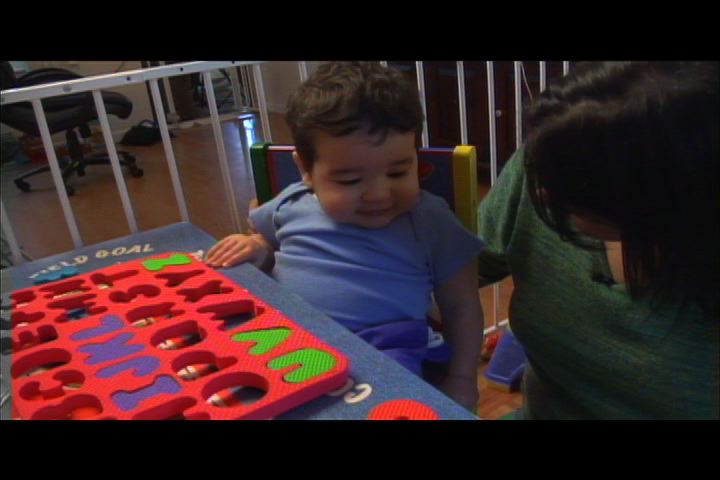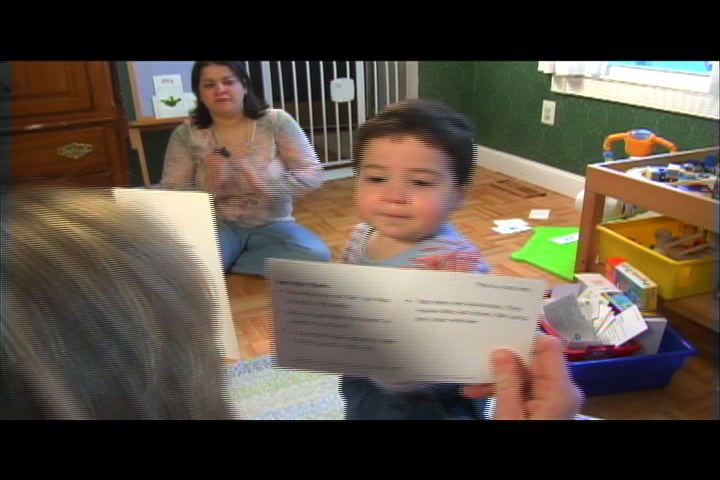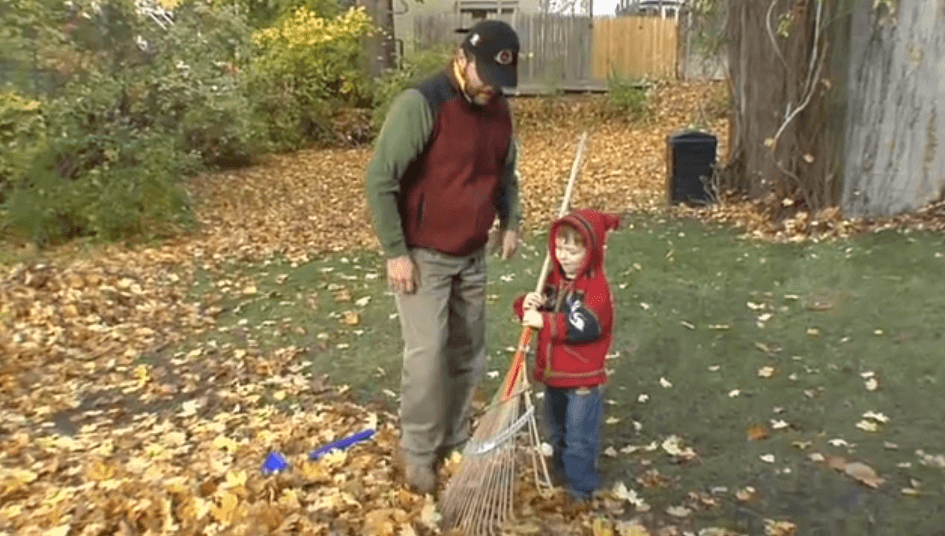What can I do for my child at home when not in a therapy session?
Many school and even home-based therapists will discuss ways that a parent can continue the basic principles of therapy without a therapist present—from simply reserving a specific toy or food only for therapy sessions, to actively incorporating the child’s therapy exercises into their daily routine. While there are other websites and courses that will teach you how to run full therapy sessions on your own, SeeAutism provides specific video examples that let you see how different families incorporate therapy into their everyday lives.
In addition to exercises that your therapist may give you, you might also be interested in Relationship Development Intervention (RDI), a parent-based therapy developed by Dr. Steven Gutstein that focuses on improving social skills, adaptability and self-awareness. Generally, a certified RDI consultant guides parents in how to cultivate the building blocks of social interaction – referencing, emotional sharing and experience sharing. For more information, see www.rdiconnect.com.
-
Interview with Mom Part II

A mother with 2 children on the autism spectrum and a third with developmental delays, discusses the importance of going with your "gut" as a parent, accessing early intervention services and learning how to turn every day into an educational environment for your child with autism.
-
Benjamin's Pretend Play

Benjamin engages with his mother in a game of stop and go with his toy train. A short time later, Benjamin is able to generalize the skills he learned while playing with his mother to recreate the game himself with an entirely new object. This natural progression toward pretend play is often absent in children with ASD.
-
Learning to Speak

Over the course of his day, Benjamin makes several attempts to repeat the words of those around him. When children are just beginning to speak they will often use repetition communicatively to both learn a new word and express their needs. This is different than the noncommunicative echoing or echolalia seen in children with autism.
-
Nathan to Give Flash Cards to Mommy

Nathan works with his therapist to build his receptive language skills. While Nathan is often able to identify the correct picture, he is unable to follow the one step command: "give it to Mommy." To help Nathan learn this command, the therapist and Nathan's mother both request and walk him through giving each picture card to Mom.
-
Nathan Plays Cars with Mom

It is difficult for Nathan, a young boy on the autism spectrum, to engage in a reciprocal game of stop and go with his mother. He does not attempt to keep the game going, but instead often turns away from his mother, removing the train and himself from the table to look at the train wheels. Both Nathan's unusual interest in parts of the toy (i.e. train wheels) and his difficulty with reciprocal social interaction are risk alerts for ASD.
-
Nathan On Exercise Ball with Mom

Whereas Benjamin, a toddler with developmental delays but not autism, actively engages with his therapist while playing on the exercise ball, Nathan, a child on the autism spectum, does not engage with his mother at the same level. While he seems to enjoy the sensation of the ball, his eye contact is not consistent, nor clearly directed at his mother. As soon as he is given the opportunity, Nathan walks away from the interaction.
-
Benjamin and Nathan Playing with Shaving Cream

While Nathan is initially interested in the shaving cream his mother shows him, he quickly loses interest and cries when his mother tries to keep him involved. In contrast, Benjamin asks for more of the cream and shows good mastery motivation when he picks up the shaving cream can and imitates his mother's actions in an attempt to make the shaving cream come out of the can all by himself.
-
Relationship Development Intervention (RDI)

Relationship Development Intervention (RDI) is a parent based therapy developed by Dr. Steven Gutstein that is designed to guide and empower parents to interact more effectively with their children with autism. Emil was diagnosed with autism at age three and his parents, Julien and Becky, began RDI a few months later with guidance from Sue Ann Maloy, a certified RDI consultant. Here, she meets with them to go over their work with Emil. RDI goals always focus on developing social interaction, dynamic thinking and problem solving in everyday life. Only a few studies have evaluated the effectiveness of RDI, thus it cannot yet be considered an empirically supported treatment.
-
Parents Doing Therapy

Dr. Fein describes the crucial importance of training parents to incorporate therapy strategies into their daily interactions with their children. Teaching parents therapy techniques is also important to ensure that children have access to appropriate interventions even when trained therapists are not available in their area.









